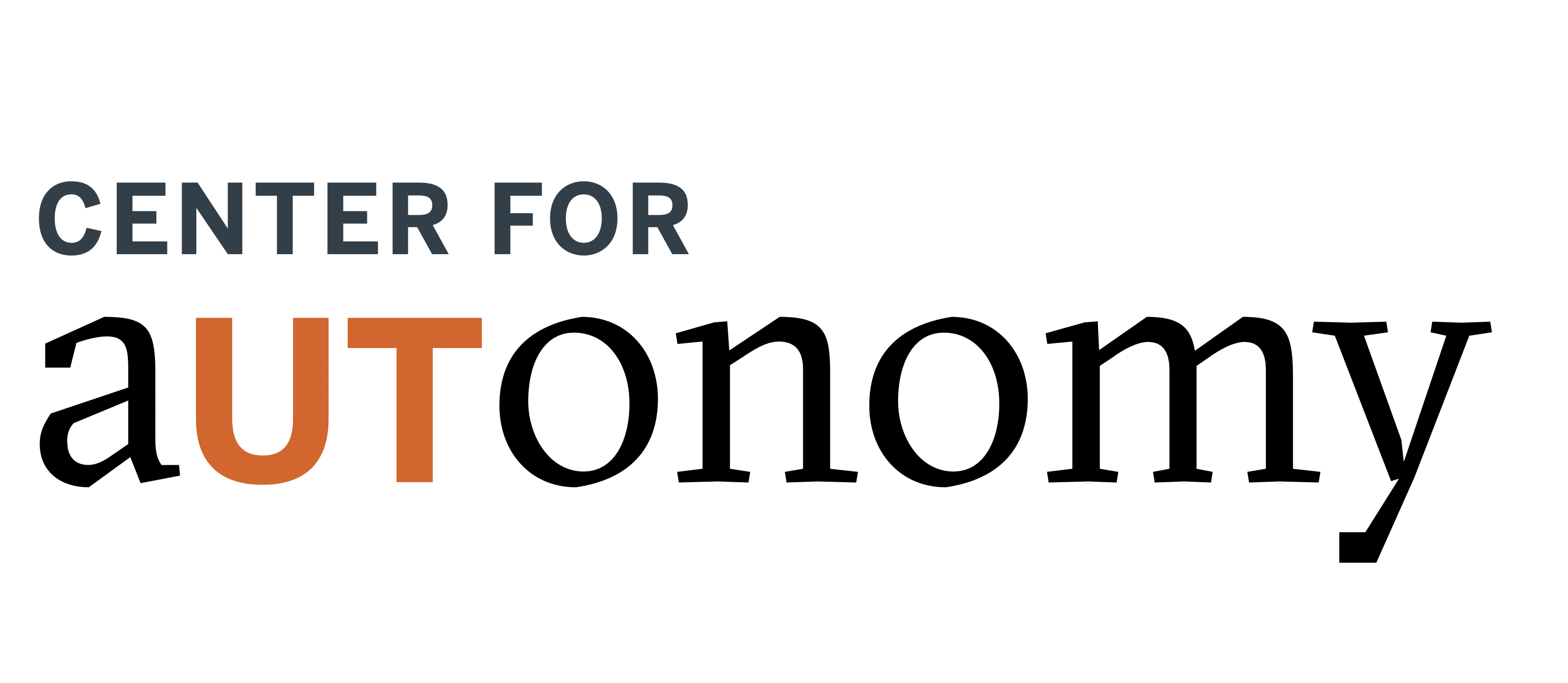Events
Event Status
Scheduled

May 13, 11 a.m. to 12:30 p.m.
POB 6.304
Uncertainty is ubiquitous in virtually all real-world interactions between agents. Without knowing the state of the world or the intentions of others, rational agents must use the limited information at their disposal for decision-making, maximizing their expected payoff and controlling risk. In this setting, information itself becomes valuable: statistical decision theory (SDT) defines the value of information (VoI) as the expected gains from informed decision-making. When a decision-maker has the opportunity to first gather additional information at some cost, VoI provides a principled basis by which to make that decision. We introduce VoI in the multi-agent setting, within games of incomplete information. We use VoI to define a general information design problem, in which an agent has the opportunity to decide how to preemptively gather information, prior to a non-cooperative scenario. We introduce two approaches for solving this problem: a Bayesian optimal, decision-theoretic approach, and an information-theoretic approach based on hypothesis clustering. We demonstrate the decision-theoretic method in a smooth, Blotto-like tower defense game. The clustering approach is demonstrated in sensing allocation for a traffic routing control problem, against exogenous data-poisoning attacks.

